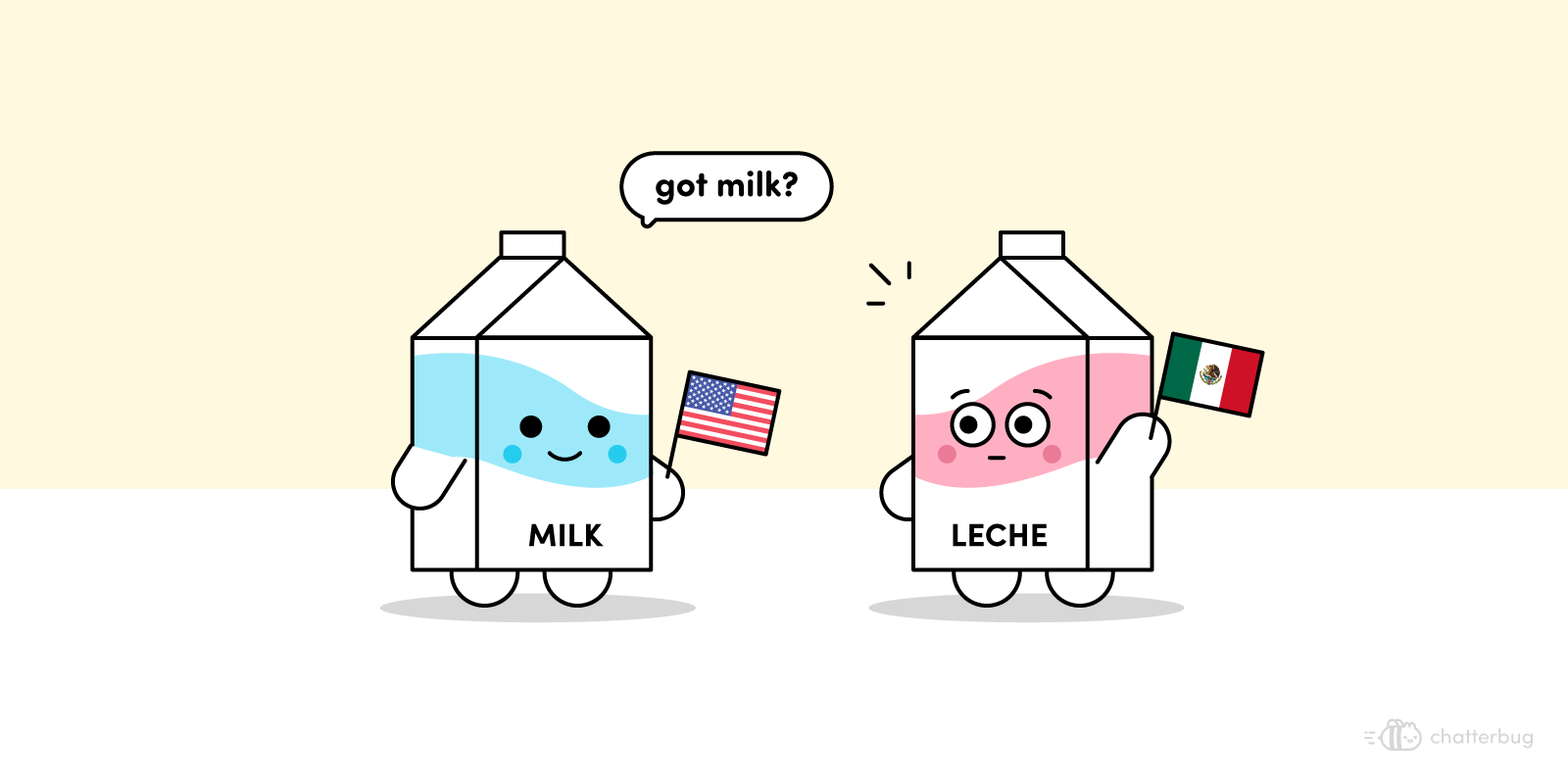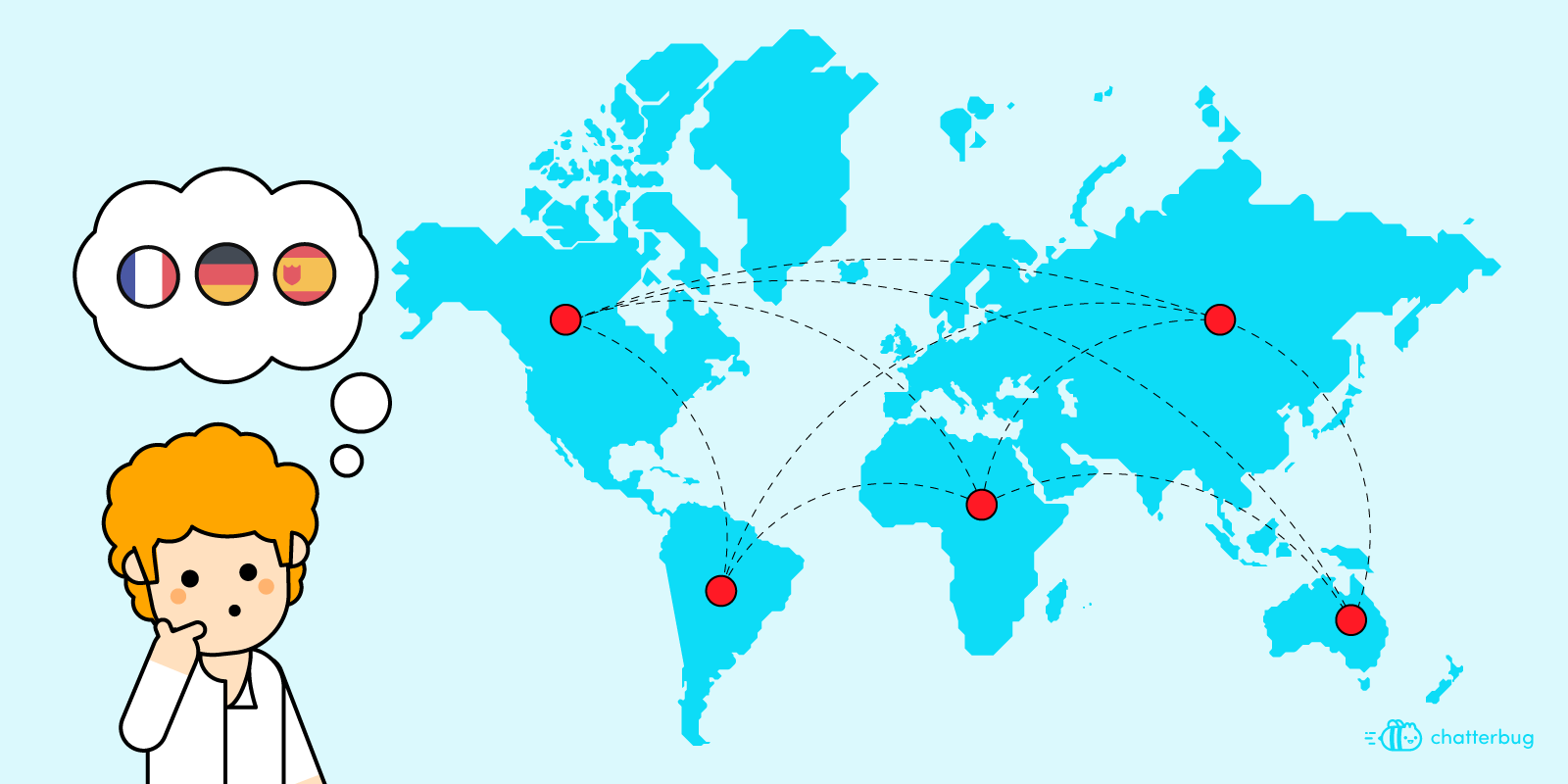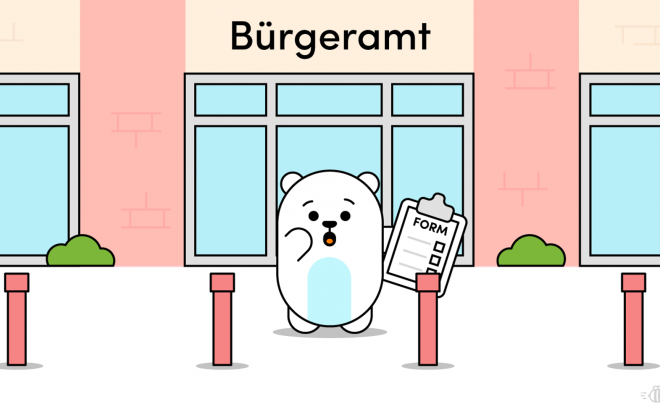5 Funny Foreign Language Faux-pas by Big Companies
Be it a false friend or bad conjugation, mistakes are an inevitable part of any language learner’s journey. In fact, they play a vital role in solidifying your learning and prove you’re actually using the language: progress comes from practice, not perfection.
That said, things are different when you’re an international corporation expanding into a new market. Let’s take a look at some unfortunate but hilarious foreign language mistakes made by big companies.
Electrolux
We start in the 1960s. Swedish electronics company Electrolux are confidently promoting their vacuum cleaners in the UK and US with the catchy rhyme ‘nothing sucks like an Electrolux’. We’re not doubting the exemplary suction power of their products, but it might have helped to know that, in colloquial English, ‘to suck’ means ‘to be terrible’.
Admittedly, Electrolux made no effort to change the awkward slogan and continued with their expansion. So either they decided to stay cool and ride the PR wave, or it was an edgy marketing stunt from the beginning.

Toyota
A couple of decades on, in the mid-80s, globalisation is becoming a buzzword and companies are racing faster than ever to gain a slice of that tasty overseas market pie. Japanese carmaker Toyota is no exception, eagerly rolling out its new two-seater sports car, the ‘MR2’, to key European countries.
However, the car’s introduction in France was followed by a hasty, and somewhat embarrassing, rebadge. Toyota had failed to recognise that pronouncing ‘MR2’ in French sounds just like ‘merdeux’, which of course means ‘sh*tty’.
To the company’s credit, the decision to rename the car as simply ‘MR’ in French speaking markets was a smart one: sold cars simply needed their ‘2’ removed. Problem solved!
Powergen Italia
Upon creating their first website for the international market, Italian battery makers Powergen Italia (not to be confused with energy giant Powergen) probably didn’t think twice when choosing their web address. Pretty obvious, right?
Sure enough, they went with powergenitalia.com. Go ahead and read that back one more time (…but we’d advise against visiting it).
The rather unfortunate URL was of course swiftly changed, in favour of the less explicit www.batterychargerpowergen.it.
California Milk Processing Board
The successful ‘Got Milk?’ campaign by the California Milk Processing Board aimed simply to promote the consumption of milk but ended up an icon of 90’s marketing. Yet further south, it almost became famous for all the wrong reasons.
Eager to replicate its success in Latin America, the Board commissioned the advertising agency behind the original ad to push the campaign into Mexico. Wisely, the agency decided to first conduct their own market research and found that the slogan so iconic in North America didn’t quite have the same effect in Spanish. Directly, it translated to ‘are you lactating?’.

Their alternative also turned out problematic, but this time culturally. Paired with an ad depicting a Mexican mother rushing to buy milk, the new slogan, ‘Y Usted Les Dio Suficiente Leche Hoy?’ (‘Have You Given Them Enough Milk Today?’) failed to recognise the nuanced cultural values of family and tradition. To the Mexican audience, the ad was implying the mother was a bad caretaker and was not received well.
The blunderous campaign finally found success in Latin America with the more thought-through tagline: ‘Familia, Amor y Leche’ (‘Family, Love and Milk’).
Parker Pen
Luxury pen manufacturer Parker also had trouble in Mexico. Their reassuring catchphrase
‘it won’t leak in your pocket and embarrass you’ had worked well in the US and so the decision was made to translate it for the Mexican market.
The marketing team responsible for doing so happened upon a particularly tricky false cognate: ‘to be embarrassed’ (‘estar avergonzado’) vs ‘estar embarazada’ (‘to be pregnant’).
In a stumble familiar to many Spanish learners, they proudly entered the market with the slogan ‘it won’t leak in your pocket and make you pregnant’. That’s certainly good to know, but doesn’t exactly extol the virtues of their quality ballpoints.
And there you have it – we hope these high profile mistakes make you feel less foolish next time you jumble up your vocab. And if you happen to be a multinational corporation yourself, we hope you’ve considered the importance of language and cultural nuance. A multilingual workforce might just prove its worth.
Want to learn more?
If you’re feeling inspired, sign up below for a free two-week trial and a Live Lesson with a private qualified tutor to start speaking a new language for real! Our classes are structured around exercises created by language teachers, so there’ll be no awkward silences – we promise! 😉
And don’t forget to check out our Facebook, Twitter and Instagram pages for more language content!



